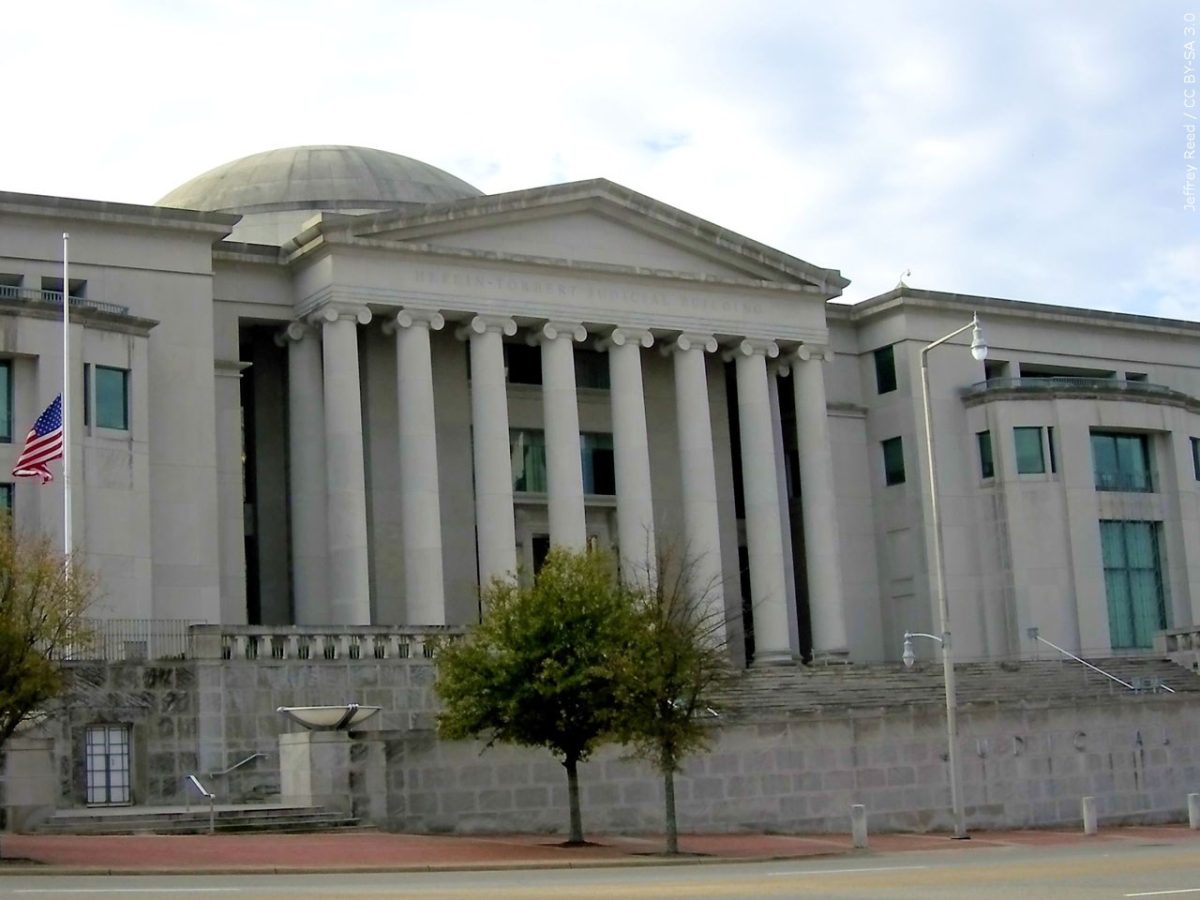Alabama’s Supreme Court issued a ruling on Feb 16 that embryos created through in vitro fertilization, or IVF, should be considered children. This ruling has caused many of the state’s IVF clinics to pause their services and has raised concerns about the implications this ruling will have on continued reproductive technology.
This case was brought to court by a few couples that had undergone fertility treatment and given birth to healthy children. The embryos that were not used were stored in a fertility clinic. One day, a patient at the hospital entered the fertility clinic and reached in to pick up the frozen embryos. Because they are stored at sub-freezing temperatures, the patient then was burned and dropped the embryos, destroying them.
The couples brought multiple lawsuits against the hospital and clinic, including the Wrongful Death of a Minor Act, which is an Alabama statute. The case was originally dismissed by the trial judge, who ruled that the embryos in vitro were not people. However, the couples appealed this decision to the Alabama Supreme Court, who disagreed with the original ruling.
“Unborn children are ‘children’ … without exception based on developmental stage, physical location, or any other ancillary characteristics,” said Justice Jay Mitchell in the majority ruling.
The court is made up of all Republican justices, seven out of nine are male and all are white. To get an accurate reading on whether this court is inclusive of the people of Alabama, one may want to look at the basic demographics of the state. According to the U.S. Census Bureau, Alabama’s population demographics are 64% white and 51% female. According to the Pew Research Center, 52% tend to vote Republican.
After this ruling was announced, clinics that participate in the practice of IVF became worried about the future of fertility research.
“This ruling is stating that a fertilized egg, which is a clump of cells, is now a person,” said Barbara Collura, CEO of RESOLVE: The National Infertility Association, to The Associated Press. “It really puts into question the practice of IVF.”
According to Johns Hopkins Bloomberg School of Public Health, two of eight fertility clinics in Alabama decided to pause their IVF treatments, including one at the University of Alabama at Birmingham. The decision was made out of genuine fear of civil and possibly criminal repercussions that both their staff and patients could face. This also means that scheduled treatments have been canceled at this time.
The main liability comes from the actual process of transferring embryos to the uterus. During the preparation and transfer, there is a possibility that some embryos could be destroyed, and according to the state’s supreme court, that is now considered wrongful death.
“The Alabama Supreme Court ruling regarding IVF brings into question many healthcare practices,” said Sara Henderson, a sophomore nursing major. “This could lead to increased scrutiny of IVF and other fertility treatments, limiting access to couples or individuals seeking these services.”
With fertility clinics in Alabama shutting down indefinitely, there are many questions about not only the recipients of IVF treatment but those who administer it as well.
“Without IVF in Alabama, several jobs in the healthcare field will cease to exist, causing severe displacement and frustration,” Henderson said. “This fuels the fire that is the shortage of healthcare professionals who leave the field due to burnout and frustration.”
This ruling has not only concerned IVF clinics about their continued jobs or freedoms but has also worried some women, specifically those who are left-leaning, about their fertility choices in the future and the rights of their bodies in general.
“I think the Alabama government is trying to assert its power against women by making unfair laws [or in this case, court rulings],” said Elyse Matheny, a junior management information systems, or MIS, major.
The Alabama Supreme Court justices used theological convictions when making this ruling, and the chief justice even referred to God when announcing it. This could make voters question whether the decision was based on law and science or strictly by the religious convictions of the court.
“Embryos are precious cells,” said Dr. Aimee Eyvazzadeh, a fertility specialist, to PBS. “They’re very precious. They have the potential to turn into a baby, the potential. But an embryo is not a child, is not a baby. They have a chance to become one. But anyone who knows even the smallest bit about IVF knows that an embryo is a chance for a baby.”
While Eyvazzadeh feels this way about the science of IVF, Alabama’s Supreme Court has set a precedent with this case that may affect fertility research in not only their state but the whole country.


